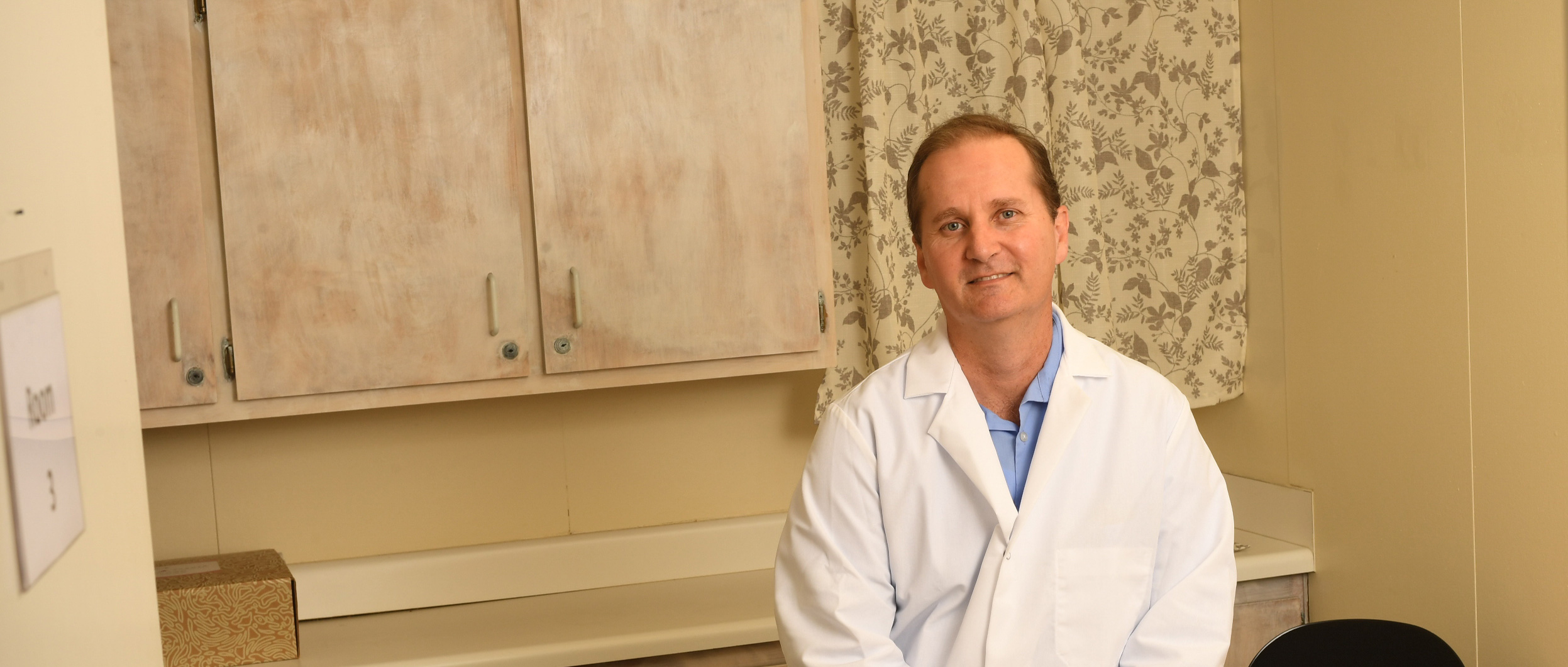Study at UWF tests medication to reduce agitation due to Alzheimer’s disease
The University of West Florida is conducting clinical trials to evaluate if investigational medications can reduce the symptoms of agitation caused by Alzheimer’s disease.

“If these were to come to market, they would be the first drugs approved to treat agitation associated with Alzheimer’s disease,” said Dr. Rodney Guttmann, a biology professor at UWF who is presiding over the research study.
To be eligible for the study, someone must have moderate to severe agitation due to Alzheimer’s disease, be 50-90 years old and have a caregiver who is able to attend eight required appointments. Guttmann said he is looking for up to 25 participants for each clinical trial.
“They will be on the investigational drug or a placebo for 12 weeks with up to a four-week screening period, and there’s one 30-day follow up visit. So really it’s a four-month trial,” Guttmann said.
Each study also has a long-term, open-label study, of which participants who complete the double-blind study may be eligible to enroll. An open-label study is a type of study in which both the researchers and participants are aware of the treatment being administered.
Everyone enrolled in these long-term studies receives the study drug – there is no placebo.
Agitation in patients with Alzheimer’s disease affects about 80 percent of the 5.4 million people diagnosed with Alzheimer’s disease. Behavioral traits of agitation can include restlessness, such as wandering and fidgeting; as well as verbal and physical aggression, such as shouting or pushing. Participants must be diagnosed with Alzheimer’s disease and have agitation symptoms in order to qualify.
Participants may live in their homes or an assisted living facility but must have a reliable caregiver to accompany them to the visits. A small stipend is provided to account for time and effort.
The clinical trial, which will include cognitive assessments and medical exams, is voluntary, and participants can stop at any time.
There is no cure for Alzheimer’s disease. The disease is not only devastating for the patient, but also can cause great stress to the caregiver, Guttmann said.
“We need to be able to do something for people today. So clinical trials are the approach to do that and find out what types of therapies, interventions, could be employed to help improve people’s quality of life – both the patient and the caregiver,” Guttmann said.
Guttmann’s basic science research agenda involves investigations to identify biomarkers that can be discovered in the cerebrospinal fluid or blood for the early detection of Alzheimer’s disease. Most recently he has been focused on identifying changes to the tau protein that may be associated with Alzheimer’s disease progression. Alterations to the tau protein are one of the two major neuropathologies associated with the disease and it is hypothesized that changes to tau may occur many years prior to memory decline.
If successful, it is predicted that early detection of Alzheimer’s disease before significant memory impairment will offer a better chance to slow or prevent progression. According to recent research, a delay of Alzheimer’s disease by just five years results in a little more than $500,000 in savings to Medicare/Medicaid per patient with an added three years of life, five years AD-free.



